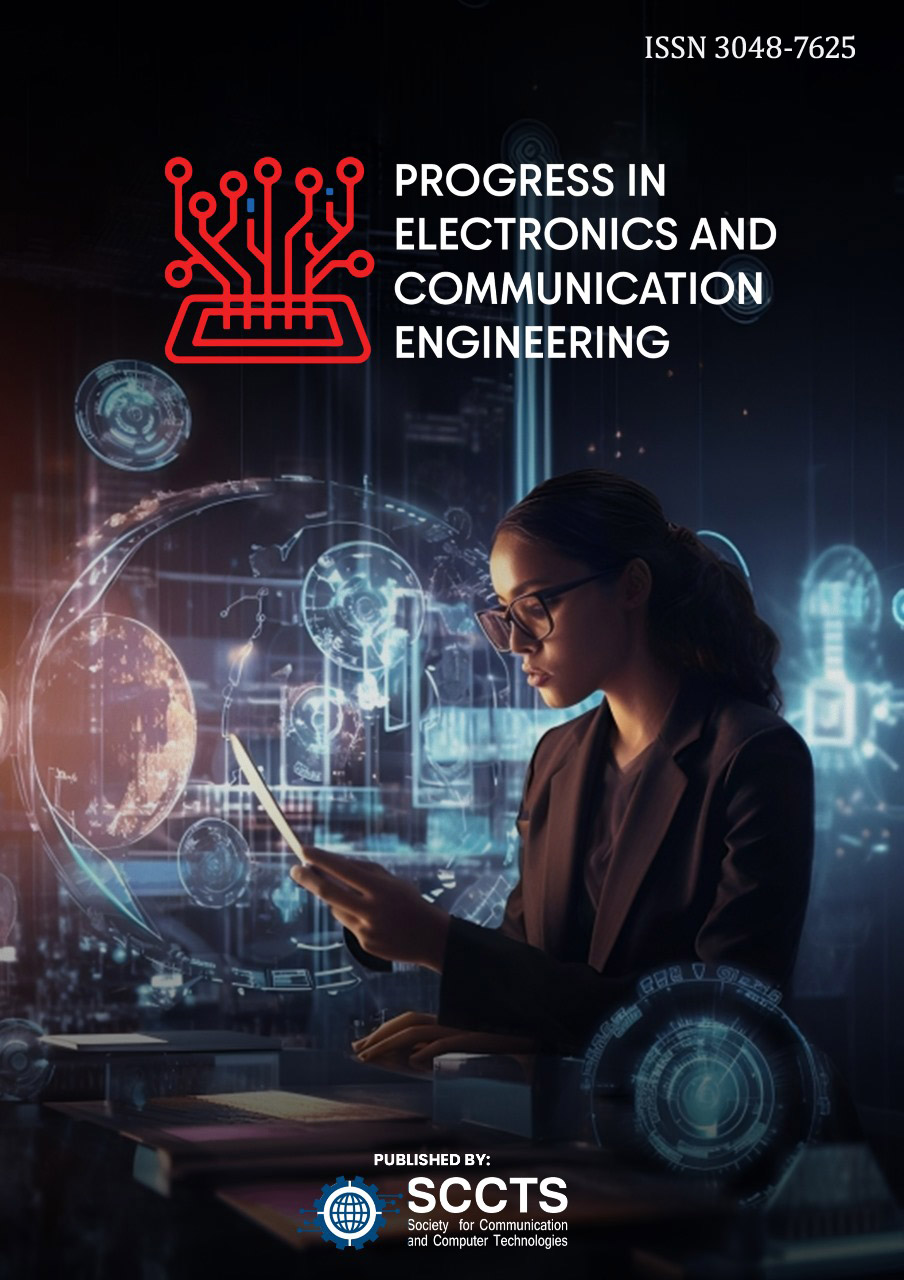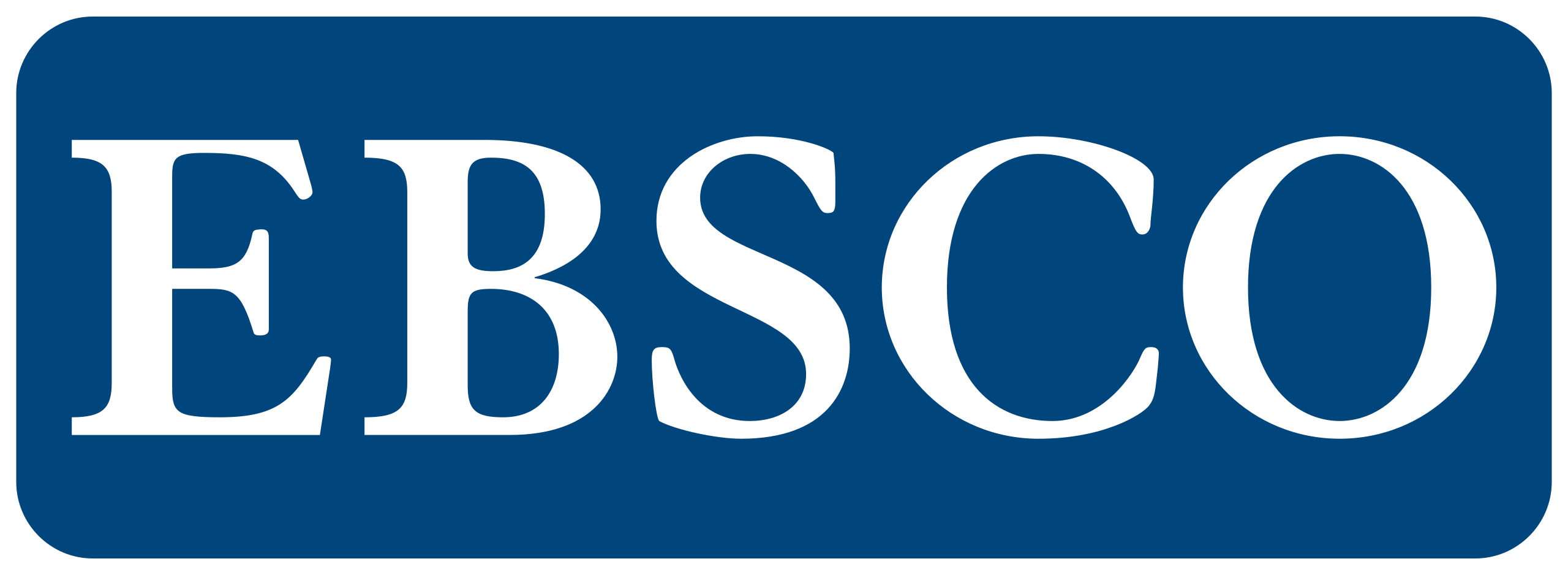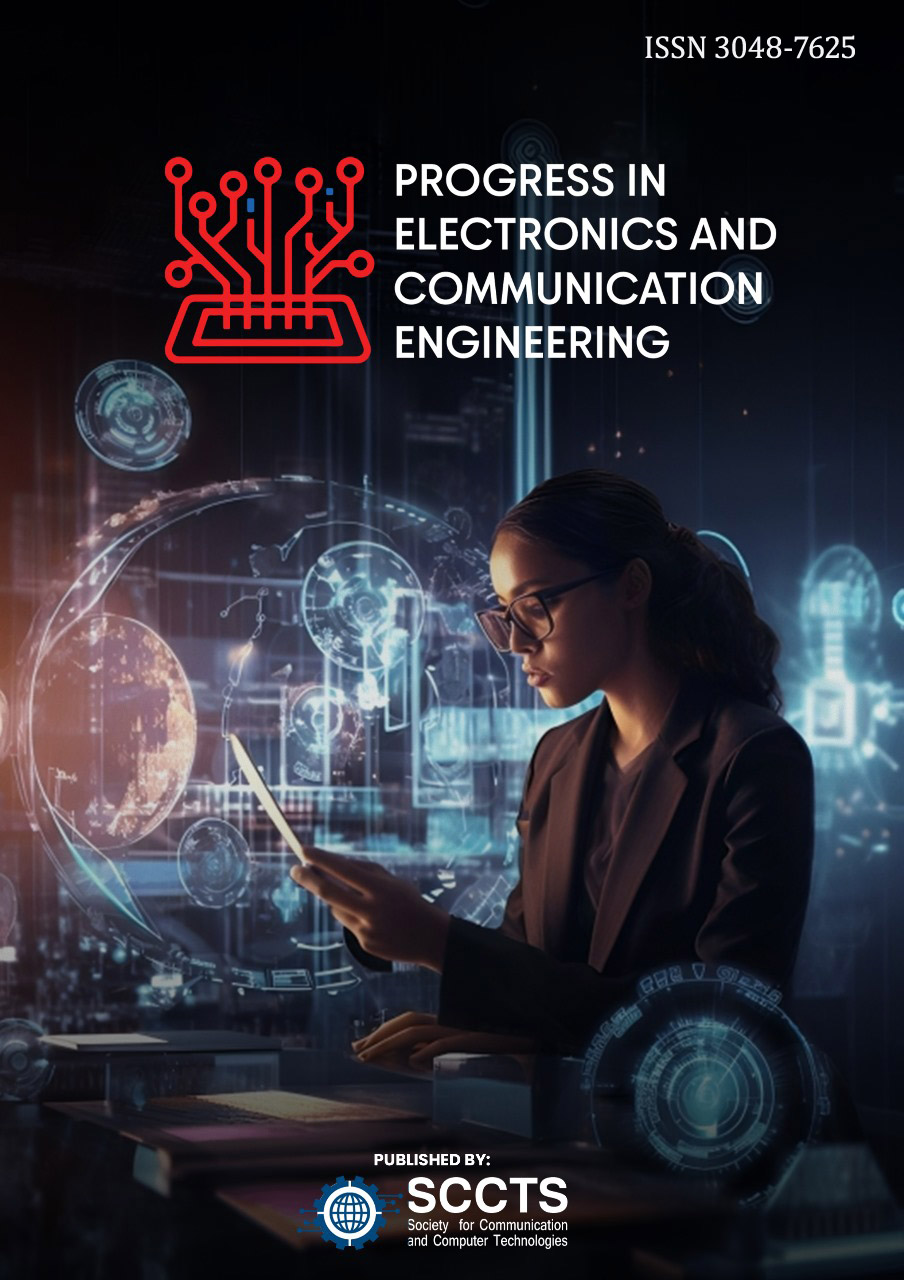Energy-Efficient Beamforming in mmWave MIMO Systems Using Deep Reinforcement Learning: A Framework for Real-Time Adaptive Optimization
DOI:
https://doi.org/10.31838/ECE/03.01.02Keywords:
Deep Reinforcement Learning, mmWave MIMO, Energy Efficiency, Beamforming, 6G, Real-Time Optimization, DQN, DDPG, Smart AntennasAbstract
The issue presented in this paper is how to efficiently achieve energy-efficient beamforming in millimeter-wave (mmWave ) multiple-input multiple-output (MIMO) communication systems which are one of the essential components to overcome the high-speed data transmission in the 6G wireless network. Conventional beamforming algorithms tend to be computationally expensive and use sub-optimal energy utilization in dynamic environments and are not dynamically adaptable. In order to ensure that these limitations are overcome, we introduce a new framework, implementing Deep Reinforcement Learning (DRL), that allows real-time adaptive beamforming of mmWave MIMO networks. We turn the beamforming process into a Markov Decision Process (MDP), whose aims are different and dynamic, where DRL agent learns to know how to choose the best beam pairing and quantity of transmission power in order to achieve a high level of energy efficiency and guarantee the desired link quality. The framework integrates Deep Q-Network (DQN) to carry out discrete beam selection with the Deep Deterministic Policy Gradient (DDPG) to perform continuous power control. It has been shown, through comprehensive simulations, that our DRL-based approach is better than traditional schemes, such as exhaustive search and codebook-based schemes and performs better in terms of energy consumption when compared to those varieties (up to 35percent energy savings and quicker beam orienting). The extensibility of this framework to adapt to changes in channels and user mobility is also high, and thus it can be implemented in real-time in future mmWave networks. To sum up, the proposed DRL framework can constitute a universal and smart framework to energy-efficient beamforming, which holds a great potential of implementation into 5G/6G systems and other highly-frequent communication systems.

















